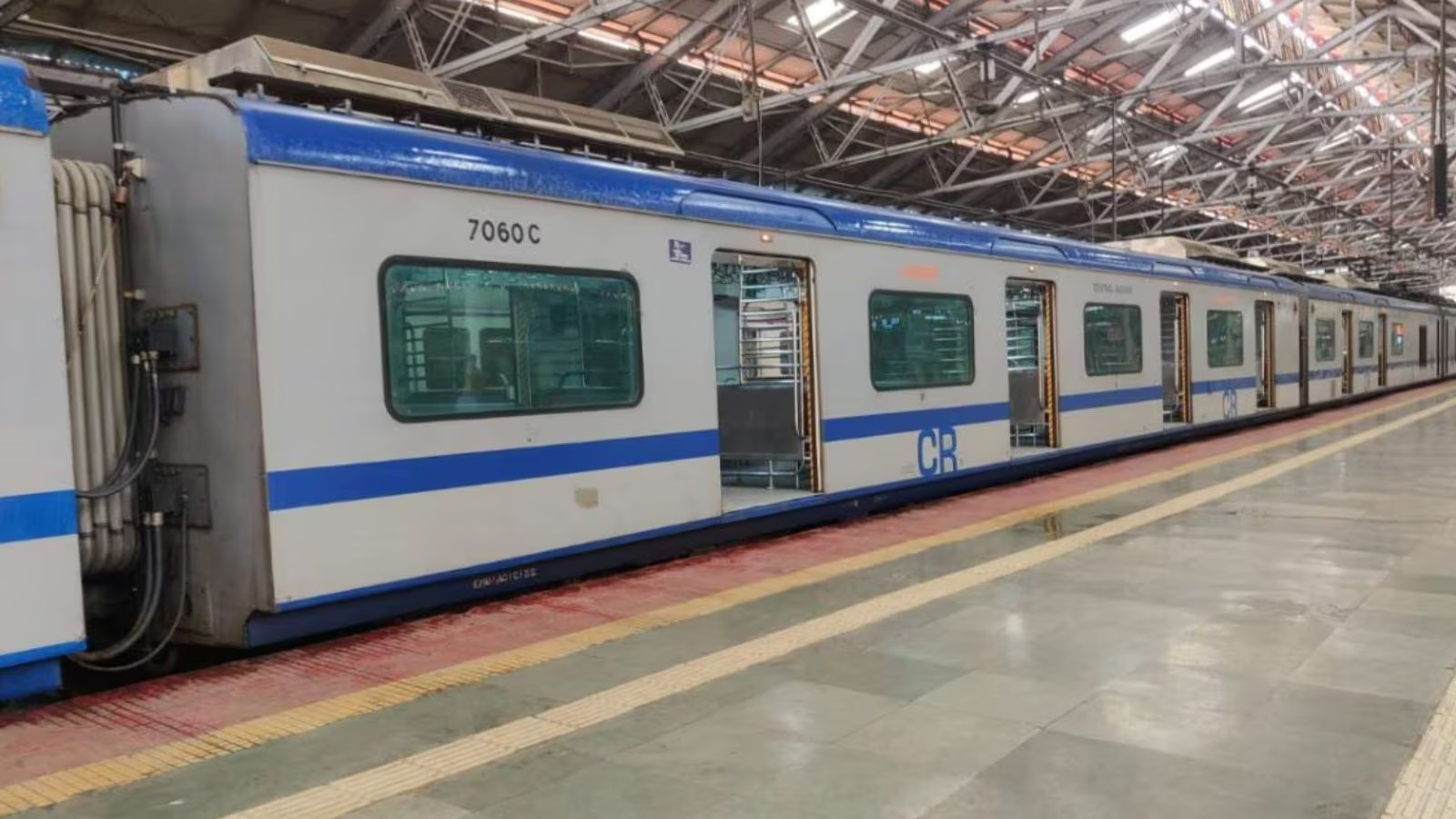Central Railway (CR) has achieved full resolution of 11 134 AC coach-related commuter complaints between May 2024 and June 2025—addressing each within two days—thanks to its AC‑Class Task Force and dedicated WhatsApp helpline, the railways announced. During this period, over 1.22 lakh ticketless travellers were identified, resulting in ₹4.01 crore in fines and signalling a robust response to ongoing commuter grievances.
The AC‑Class Task Force, operational since 25 May 2024, leverages a 24/7 WhatsApp line (72088 19987) to swiftly address passenger issues such as ticketless travel, unattended baggage, overcooling, and lack of ticket checks. CR reports a marked improvement in travel conditions: daily complaints plummeted from an average of 79 in June 2024 (with a peak of 228) to 29 per day by June 2025 (peak 103), underscoring enhanced compliance and enforcement. CR officials highlight that the enforcement team acts immediately when present in the reported section; otherwise, response is ensured the following day. This consistent follow‑up has earned passenger approbation, particularly from the roughly 78 000 daily AC‑coach commuters. With 80 premium AC services operating across Mumbai’s suburban network of 1 810 trains—carrying nearly 3.9 million travellers each day—this initiative reinforces CR’s commitment to improving service quality.
On average, about 365 ticketless travellers were apprehended daily, yielding roughly ₹1.19 lakh in fines per day. The fines collected have been reinvested into enhancing commuter safety and operational efficiency. CR’s long‑term objective is to reduce AC‑coach complaints to zero, with ongoing campaigns encouraging passengers to utilise the official WhatsApp line and refrain from voice calls. Transport analysts describe this outcome as a textbook case of targeted enforcement working in harmony with digital citizen engagement. By deploying rapid‑response teams and streamlined feedback mechanisms, CR has created a deterrent against violations while restoring commuter confidence in premium services. The initiative is seen as a model for other divisions aiming for equitable, sustainable, and commuter-centric service standards.
However, questions persist about replicating these results system‑wide. Maintaining momentum requires sustained funding and robust coordination between task forces and patrol teams. There are also concerns around the equitable allocation of resources—balancing the needs of premium AC travellers with those in general and sleeper classes. Retired railway experts suggest periodic public data audits and quarterly reviews would enhance transparency and maintain public trust. As CR scales this pilot across its network, ensuring consistent enforcement during festivals, peak hours, and emergency scenarios will be critical. Monitoring for unintended consequences—such as increased fare evasion in non‑AC coaches—should also be part of CR’s roadmap. The next critical test will be to extend similar complaint mechanisms to express trains and other services where irregular travel remains rampant.
Mumbai’s Central Railway has demonstrated that blending technology, swift enforcement, and transparent grievance resolution can restore discipline in premium services. While the financial outcomes are commendable, the overarching civic benefit lies in reinforcing commuter dignity and fostering trust in public transport systems—cornerstones of eco‑friendly, equitable urban mobility. The challenge now is to sustain and scale this model across India’s suburban rail networks.
Also Read : GHMC Launches Enforcement Drive Against Illegal Constructions In Hyderabad Old City Areas


